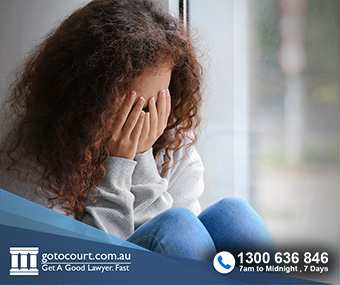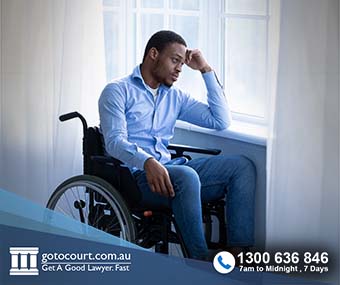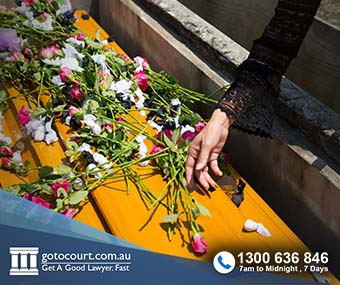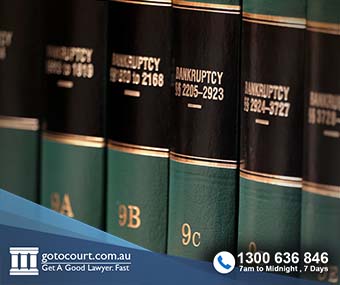Call our lawyers
now
or,
have our lawyers
call you
Domestic Violence and Residential Tenancies (Tas)
Updated on Jan 12, 2023 • 3 min read • 416 views • Copy Link
Domestic Violence and Residential Tenancies (Tas)
When a tenant is affected by domestic violence, this can have implications for their rental agreement. In Tasmania, there are two provisions in the Residential Tenancies Act 1997 that can be used to assist a victim of domestic violence who is living in a rental property. There are also provisions in the Family Violence Act 2004 that relate to terminating or changing a lease because of domestic violence. This page outlines what a residential tenant can do when they are affected by domestic violence in Tasmania.
What is domestic violence?
Section 7 of the Family Violence Act 2004 defines family violence as including assaults, sexual assaults, threats, coercion, intimidation and verbal abuse, abduction and stalking and bullying as well as economic abuse, emotional abuse and intimidation, property damage and contravening Family Violence Orders when this behaviour occurs between a person and their spouse or partner.
Talk to the landlord or agent
If a tenant is experiencing domestic violence and wants to end their rental agreement, their first step should be to inform the landlord or agent of the situation. The landlord or agent may be willing to end the rental agreement early under the circumstances. If no agreement can be reached directly with the landlord or agent, the tenant may ask the court to change the rental agreement as part of an application to make or vary a family violence order.
Ending a lease because of family violence
Under section 16 of the Family Violence Act, if a court makes a family violence order for the protection of a person who lives in a rental property, it may order that the perpetrator vacate the premises, that they do not enter the premises, or that they enter the premises only under certain conditions.
Under section 17 of the Family Violence Act, the court may also make an order terminating the tenancy agreement, taking the protected person off the lease, or taking the perpetrator off the lease. However, these orders can be made only where the court has made a family violence order.
If a person has a family violence order made against them and an order is made removing them from a lease, this revokes their right to enter the property. If they enter the property or try to do so, they are trespassing, and the protected person can contact the police.
Can I change the locks?
Under section 57 of the Residential tenancies Act, a tenant can change the locks in a rental property without permission from the landlord or agent if a family violence order (FVO) police family violence order (PFVO), or a domestic violence order (DVO) is in force.
Changing the locks without permission under other circumstances is a criminal offence that can attract a fine of up to 50 penalty units.
Applying for an FVO
Under section 16 of the Family Violence Act, the court can make a FVO if satisfied that a person has committed family violence and may do so again. An FVO can include conditions such as not to contact the protected person, not to possess firearms, not to enter premises and to submit to electronic monitoring.
An application for an FVO may be made by the police or by the person seeking protection. The application should include a detailed affidavit setting out the circumstances of both parties, any previous incidents of violence, the reasons for believing there may be further family violence, and the conditions sought.
If you require legal advice or representation in any legal matter, please contact Go To Court Lawyers.


Affordable Lawyers
Our Go To Court Lawyers will assist you in all areas of law. We specialise in providing legal advice urgently – at the time when you need it most. If you need a lawyer right now, today, we can help you – no matter where you are in Australia.How It Works








1. You speak directly to a lawyer
When you call the Go To Court Legal Hotline, you will be connected directly to a lawyer, every time.


2. Get your legal situation assessed
We determine the best way forward in your legal matter, free of charge. If you want to go ahead and book a face-to-face appointment, we will connect you with a specialist in your local area.


3. We arrange everything as needed
If you want to go ahead and book a fact-to-face appointment, we will connect you with a specialist in your local area no matter where you are and even at very short notice.















